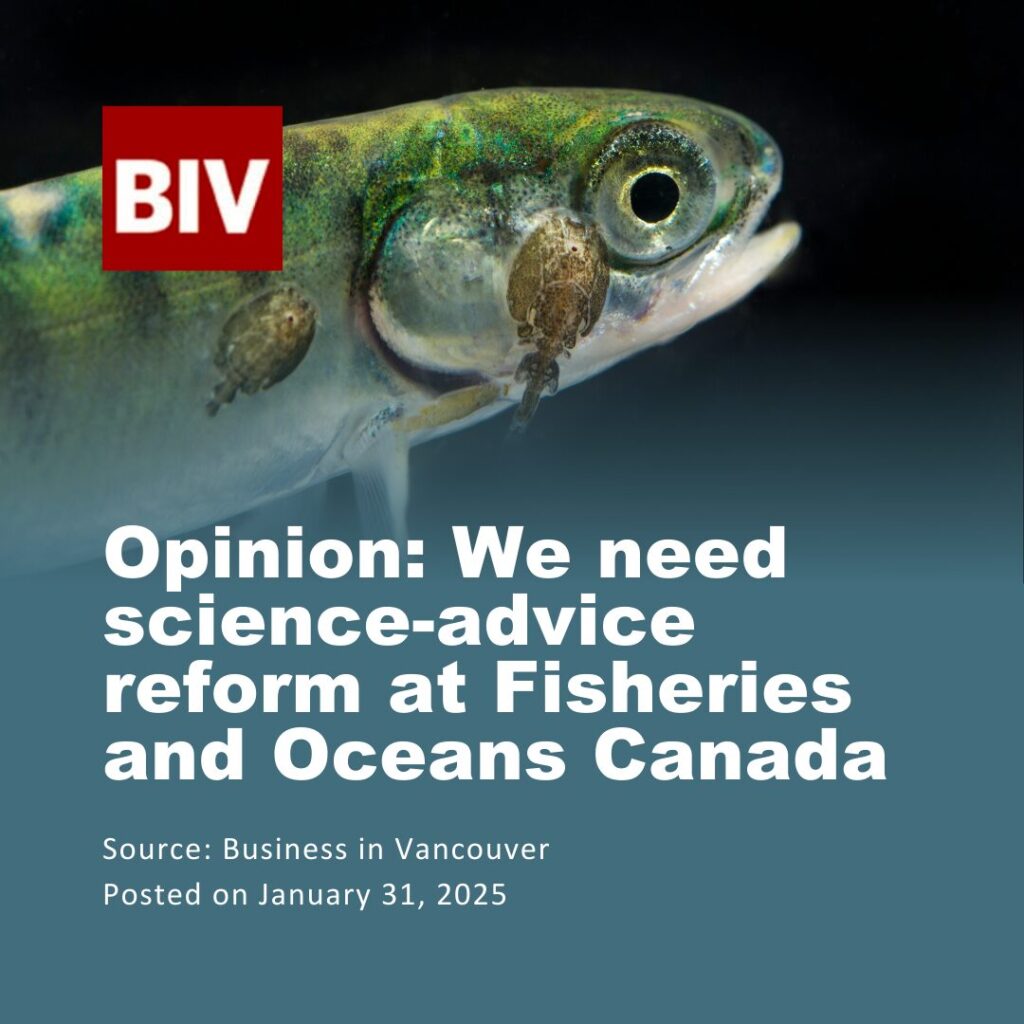
DFO redacts key scientific data in response to public requests
After months of meetings, written requests and public pressure, Fisheries and Oceans Canada (DFO) has finally responded to a 1.5-year-long wait for information requested on a widely condemned DFO report.
Contrary to mountains of peer-reviewed evidence showing that sea lice infestations from open-net pen salmon farms impact wild Pacific salmon, DFO’s report found that sea lice on open-net salmon farms do not influence numbers of lice on wild salmon. When DFO was asked to share the data used to reach their conclusions and enable independent scientists to reproduce the analysis, the response was a redacted data sheet with much of the key scientific data left out.
This move reflects a broader issue with DFO’s bureaucracy, which systematically redacts and censors its own scientific data and scientists. DFO is currently under investigation by the Integrity Commissioner for silencing its own scientists. As a result of this interference, DFO’s science advice continues to support the conclusion of a low risk posed by open-net pens to wild salmon, contradicting internationally peer-reviewed research that concludes the opposite.
By withholding data, DFO is protecting industry interests from public scrutiny–counter to the intent of the DFO’s policy on science integrity, which emphasizes transparency and open access. When data is selectively presented or censored, the result is that corporations are shielded from accountability and the role of evidence in decision-making is undermined. This manoeuvring feeds long-held criticisms of DFO’s conflicting mandates: to protect ecosystems while also promoting and regulating fisheries and aquaculture.
Several reports from within the federal government have raised concerns about DFO’s science advice on ocean-based salmon farming in BC, including from the Office of the Auditor General, the Office of the Chief Science Advisor and the Parliamentary Committee on Fisheries and Oceans.
